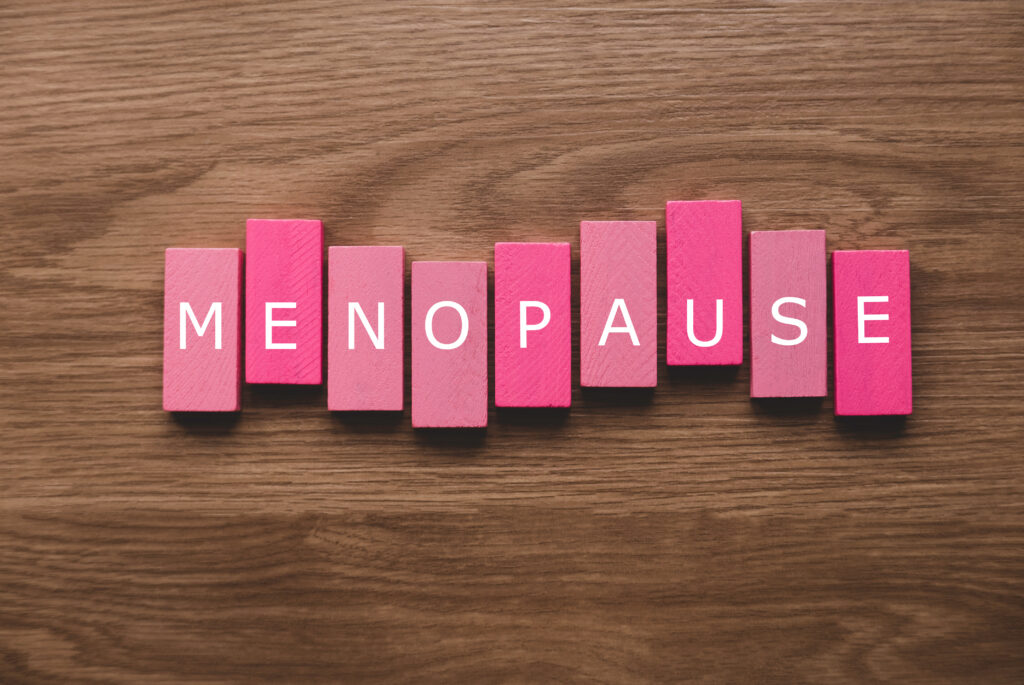New Equality and Human Rights Commission (EHRC) guidance clarifying employers’ legal obligations and providing tips on making reasonable adjustments on menopause in the workplace underlines the importance of having a specific policy in place.
This is according to Melanie Stancliffe, partner at law firm Cripps, who spoke to Health & Protection following the EHRC’s issuing of new guidance on menopause in the workplace, setting out employer’s legal obligations under the Equality Act (2010).
Reasonable adjustments
The EHRC’s guidance aims to clarify employer legal obligations and provide practical tips for employers on making reasonable adjustments and fostering positive conversations about the menopause with their workers.
The EHRC explains if menopause symptoms have a long term and substantial impact on a woman’s ability to carry out normal day-to-day activities, they may be considered a disability. Under the Equality Act 2010, an employer will be under a legal obligation to make reasonable adjustments and to not discriminate against the worker.
The Commission added workers experiencing menopause symptoms may be protected from less favourable treatment related to their menopause symptoms on the grounds of age and sex.
Consequently, the EHRC urged employers to carefully consider the guidance now available from the EHRC website and adapt their policies and practices accordingly, to ensure fairness and inclusivity in the workplace.
Commenting on the new guidance, Stancliffe explained menopause has become an increasing area of focus amid record numbers of women aged over 50 in the workplace and an intensifying war for talent.
Menopause policy
While Stancliffe maintained the EHRC guidance refers to existing protections in place around age and gender discrimination under the Equality Act, in terms of what employers can reasonably do in terms of adjustments, she advocates having a specific menopause policy.
“They talk about what assistance and what sort of assistance is available,” Stancliffe said.
“That might be looking at changing start times so that individuals who have had a bad night’s sleep can get a good sleep. It might be looking at a more hybrid flexible working policy so that may be somebody who has had a bad situation, if they have had interrupted sleep or an embarrassing situation, can work from home and not be in the office.
“It talks about being reasonable about the temperature in the office, providing access to support and what can help individuals.”
Importance of signposting
But signposting to support is equally important, Stancliffe said.
“No two individuals will be the same, but it’s trying to signpost who they go to and what sort of help the provider can provide,” she continued.
“Often there will be an employee assistance programme tied to the private medical insurance.
“That can often be a way to access support if there’s an anxiety or a depression or an agoraphobia issue and then you would be looking at what other support an employer can give.
“That might be looking at taking steps to manage the workflow for a period. It might be looking at giving somebody some time off.
“And I think because we’re in an attraction and retention crisis, businesses that are trying to support will want to hold onto staff and they’ll do so – but those that are trying to ignore the issue I think will lose out.”
Women forced out of the workplace
Research on menopause and the workplace, published in 2022 by the Fawcett Society, found that one in 10 women surveyed who worked during the menopause have left their jobs due to symptoms.
And results from a February 2022 survey published by the House of Commons Women and Equalities Committee, found that only 12% of respondents sought any workplace adjustments. Over a quarter of those who did not seek any adjustments added the reason was ‘I was worried about the reaction.’
Fair treatment
Baroness Kishwer Falkner, chairwoman of the Equality and Human Rights Commission, said: “As Britain’s equality watchdog, we are concerned both by how many women report being forced out of a role due to their menopause-related symptoms and how many don’t feel safe enough to request the workplace adjustments.
“An employer understanding their legal duties is the foundation of equality in the workplace.
“But it is clear that many may not fully understand their responsibility to protect their staff going through the menopause.
“Our new guidance sets out these legal obligations for employers and provides advice on how they can best support their staff.
“We hope that this guidance helps ensure every woman going through the menopause is treated fairly and can work in a supportive and safe environment.”
